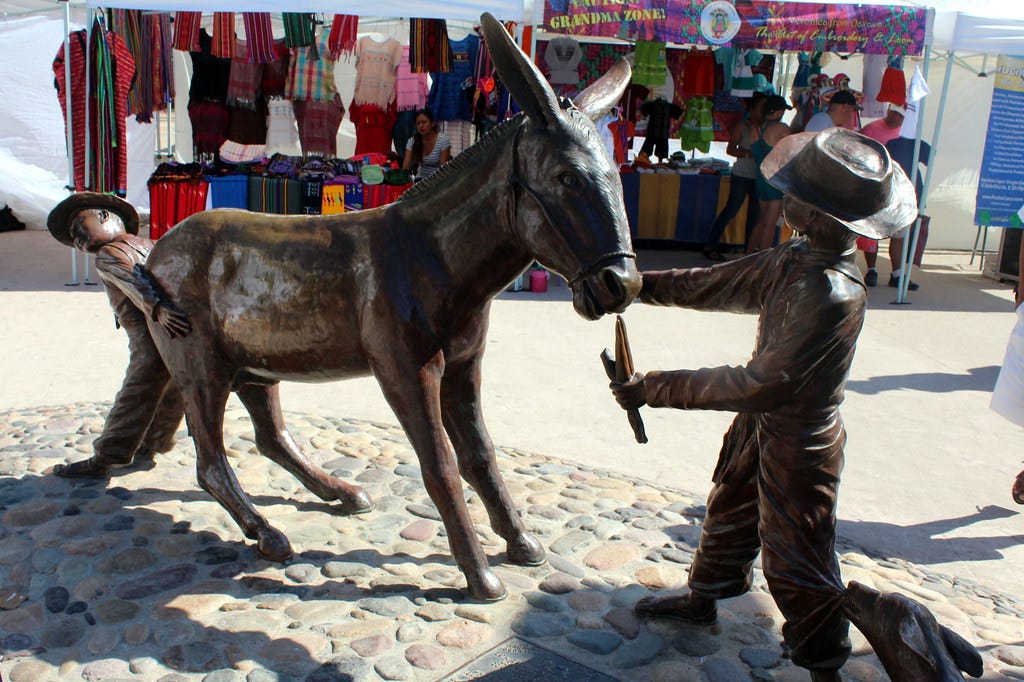Inside Mexico’s Child Trafficking Hell At The Beach
I went to Puerto Vallarta to have a first hand recount of the darkest criminal activity.
PUERTO VALLARTA, Mexico.— The Lázaro Cárdenas park, right next to the beach in Puerto Vallarta, completely changes its looks at night. During daytime the park is joyful, packed with tourists taking photos of the tiles, running back and forth from the beach. But at night it is almost empty, only a few kids, selling candy and handicrafts.
Once a symbol of the enchainments of Puerto Vallarta, the artists, the tourists and the families filled this place. But today, everyone here knows that the Lázaro Cárdenas park is a symbol of something very different: the epicenter of the booming child trafficking business.
It is Semana Santa. Easter has just begun and thousands of tourists from all over the world arrive here to have a good time. The food, beer and happiness float around the town, especially downtown and at the beach. This is the best time for local business owners. Everybody is out to make a buck. Including some impoverished families from southern Mexico arriving in Puerto Vallarta to try to sell their own kids.
“Many of the people offering the sexual services of a child are their own parents. Families from southern Mexico that are not educated, very ignorant and see nothing wrong in offering their kids as a service”, said Marisol Madero, criminologist and director of the Red Nacional de Prevención, an NGO that fights for the protection of children in Mexico.
Madero walks by my side at the Lázaro Cárdenas park. When she speaks the words child trafficking or child sex exploitation, she doesn’t lower her voice. She wants to be heard by locals and tourists.
“That is a very important first step, to get rid of the taboo of talking about this issue. If we hide it, if we don’t talk about it and recognize the problem, how are we going to address it?”, she asks.
I ask her if she is afraid. In the end this is a lucrative business that involves cartels, politicians and powerful businessmen.
“I’ve had my share. I can’t say it was a direct threat but they let me know that I’m not out of reach of the criminals and they can kill me if they want to,” she says.
Madero was kidnapped a couple of years ago as she was traveling back home. An SUV cut her path and using rifles and machine-guns got her out of her car and into the SUV. She was taken to the outskirts of the city where she was severely beaten and abandoned. That night she came home with all of her belongings, she was not robbed. She was warned.




